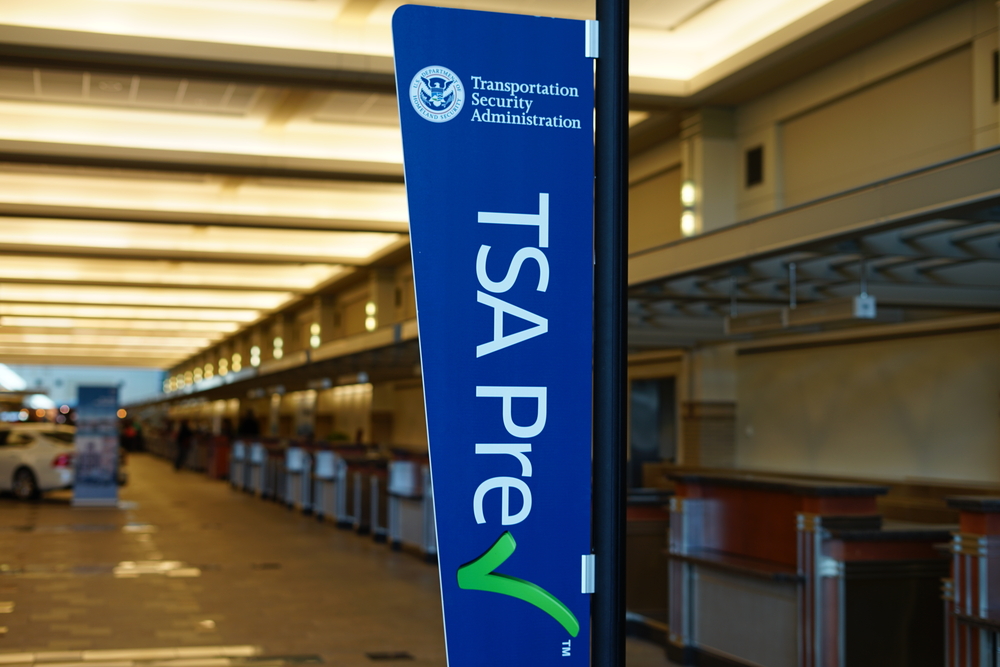
While the Transportation Security Administration (TSA) tries to grow its pre-check flight security system, members of a House panel on Tuesday raised concerns that the system is not being used properly.
During a hearing of the House Homeland Security Committee Transportation and Protective Security Subcommittee, U.S. Rep. John Katko (R-NY) asked Stacey Fitzmaurice, deputy assistant administrator for the TSA’s Office of Security Operations, at the TSA whether steps were being taken to not only grow the pre-check program, but also to ensure that travelers who did not receive background checks do not go through pre-check security lines.
“TSA projected that we would be at 20 million passengers in pre-check. We’re nowhere near that,” Katko said. “And as I travel … I’m hearing more and more grumblings that pre-check isn’t worth it and that there are longer lines in pre-check than at other security screenings. There has been a history of TSA allowing non-pre-check passengers to go through pre-check lines to speed up the process. We’ve been banging on the TSA not to do this and still they do it.”
Katko said at an airport in Fort Meyers, Fla., that he had recently flown out of there was nothing but pre-check lines with added canine scanning during the screenings.
“Pre-check is designed to know your traveler,” he said. “People who are not going through the pre-check screening are going through the pre-check lines. TSA should be getting the issue by now.”
The TSA’s pre-check program has more than 5 million members and is currently available at 200 airports. Individuals who have applied online and completed a 10-minute, in-person appointment that includes a background check and fingerprinting are able to quickly advance through security lines without removing their shoes, laptops, liquids, belts and light jackets. Membership in the pre-check program is $85 for five years.
Fitzmaurice said pre-check passengers have an average wait time of about 1 to 2 minutes, with 94 percent experiencing wait times of less than five minutes.
Additionally, she said, programs like managed inclusion that targeted travelers who were lower risk of being a problem, like frequent flyers, and allowed them to go through the pre-check lines, were being downsized. Those passengers were frequently subject to canine security sweeps, she said, in addition to other screening measures.
But Katko said efforts to downsize those measures were not enough.
“Pre-check was supposed to alleviate lines by only getting people in there that should be in there. But we found with managed inclusion that they were usurping that,” Katko said. “I’m not hearing from you that only people who were pre-check were allowed to go through pre-check lines … the goal of this committee is to only have people in pre-check go through pre-check lines. Anything less … we’re not going to tolerate it.”
Last year the TSA came in contact with about 2.4 million travelers on average each day, many of which with unique needs, making communication with the public of vital importance given the complex and evolving threat environment, witnesses said.
Katko said in his opening statement that “a lack of stakeholder engagement” has led to confusion among travelers, airports and air carriers. For example, he said, in recent months TSA began implementing new screening procedures for passengers’ accessible property at the checkpoint, which was met confusion and frustration because travelers did not understand the reasoning behind TSA’s new procedures.




